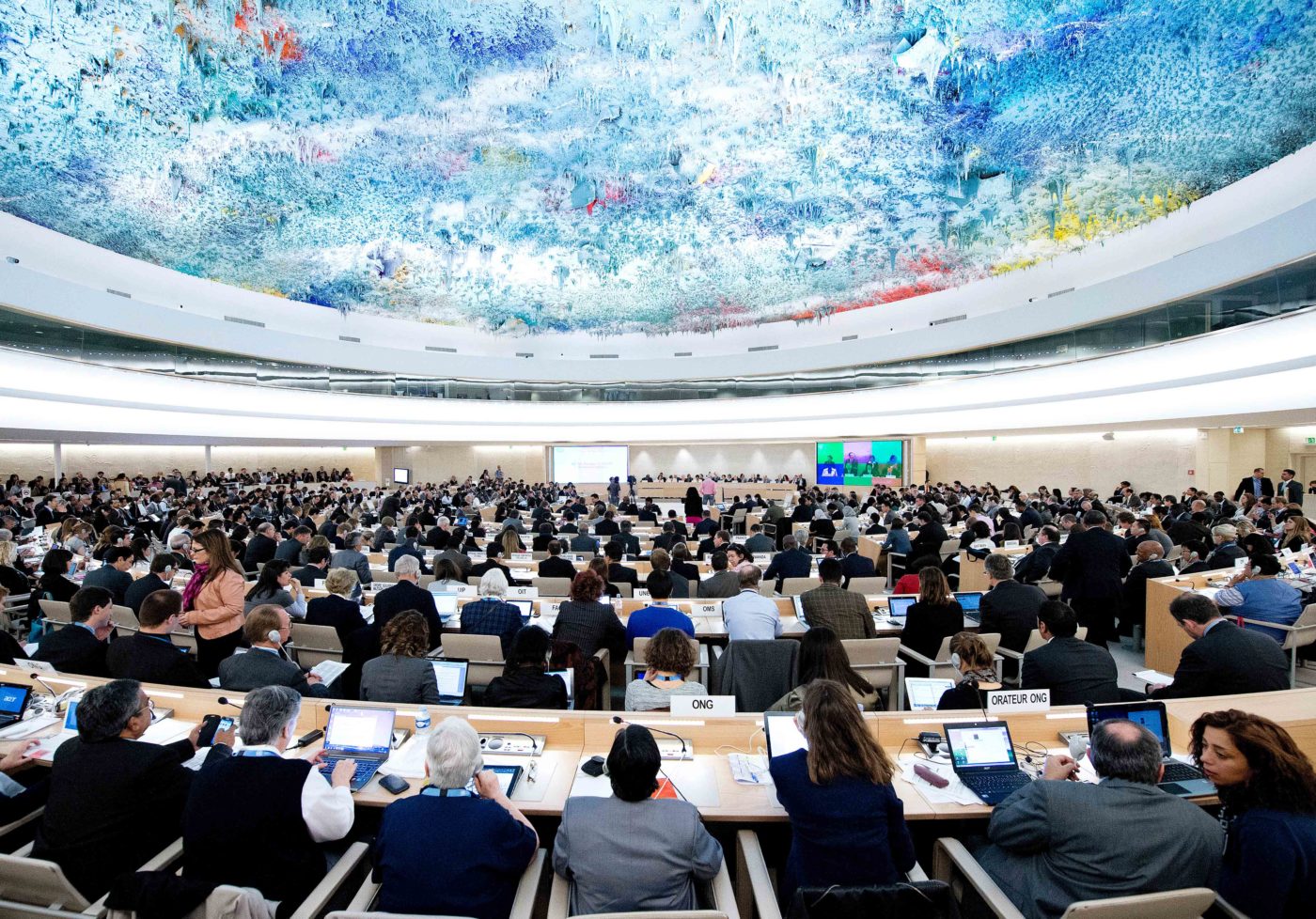Oral Statement of the International Commission of Jurists (ICJ) at the adoption of Tunisia’s UPR outcomes under agenda item 6
The statement reads as follows:
“Mr President,
Since Tunisia’s latest Universal Periodic Review (UPR) session last November, the human rights crisis in the country has significantly worsened. Regrettably, Tunisia’s response to the UPR recommendations today further compounds the serious human rights concerns raised by States and civil society organizations during the review.
While Tunisia has accepted some recommendations, including, in particular, with respect to the right to freedom of expression, the government has rejected all recommendations calling for the revocation of Decree-Law 2022-54 purporting to fight cybercrime and the publication of “false information”. The Decree has been systematically used to prosecute the legitimate exercise of freedom of expression and intimidate critics. In the context of the ongoing crackdown on civil society, lawyers, journalists and human rights defenders, several political opponents have also been arbitrarily detained and face prosecution on trumped-up “terrorism” or on other “state security”-related charges.
Moreover, while Tunisia has seemingly accepted those recommendations aimed at strengthening judicial independence, the ICJ remains gravely concerned by the executive’s continued, persistent control over the judiciary. After dismantling all institutional guarantees of judicial independence last year, and summarily dismissing and prosecuting dozens of judges, the Tunisian authorities continue to harass and punish members of the judiciary who act independently. The President perseveres in illegally pressuring judges to deliver guilty verdicts against those arrested in the context of the on-going crackdown mentioned above, including by declaring that anyone who might “exonerate” the defendants would be considered their accomplice.
The ICJ further deplores Tunisia’s failure to accept recommendations calling for an end to the use of military courts to try civilians, including journalists, lawyers and political opponents.”





